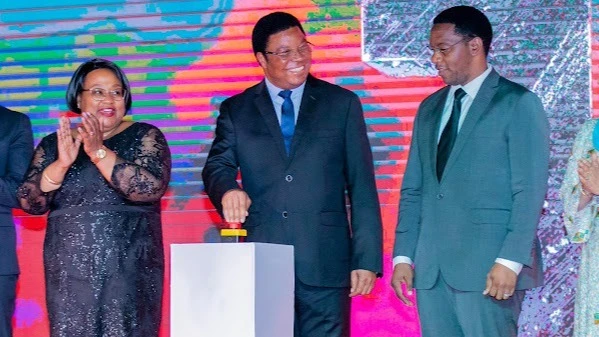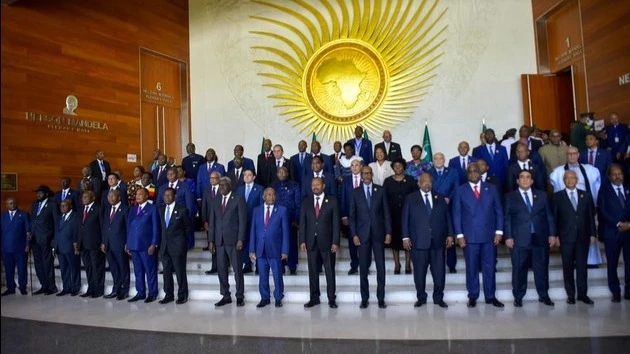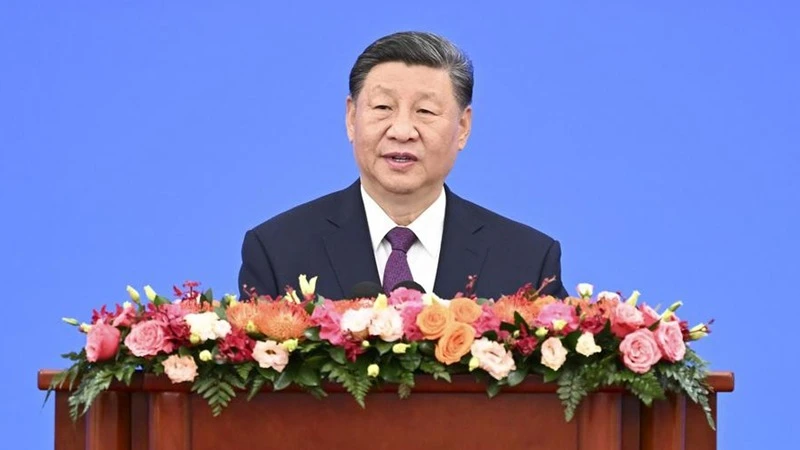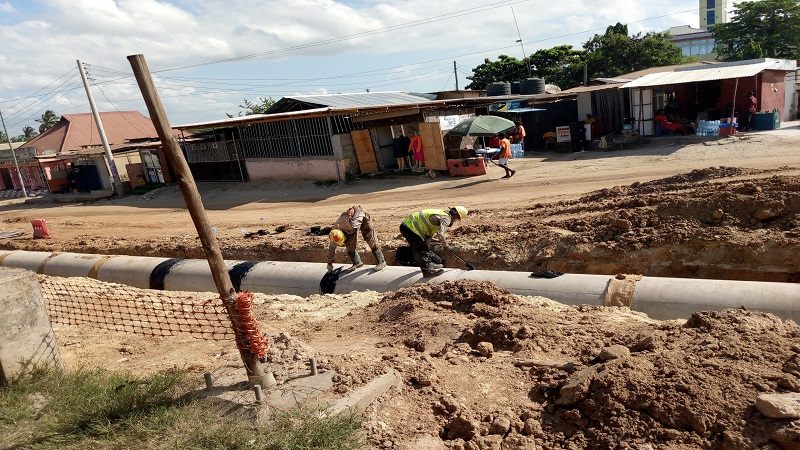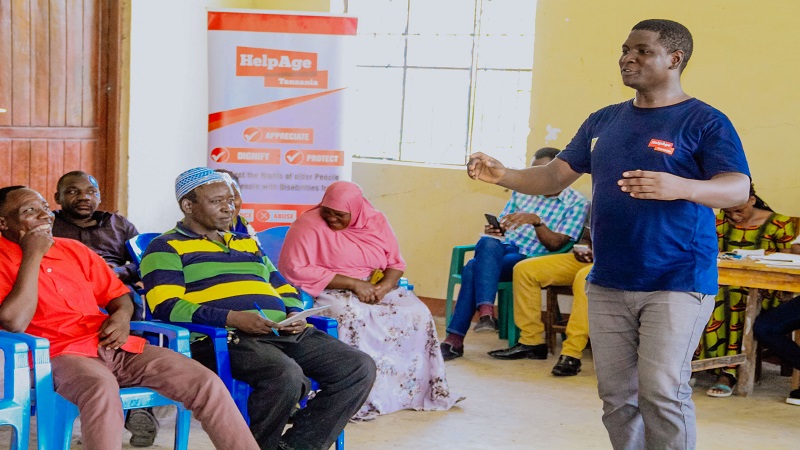Cost of protection of journalistic sources in Tanzania
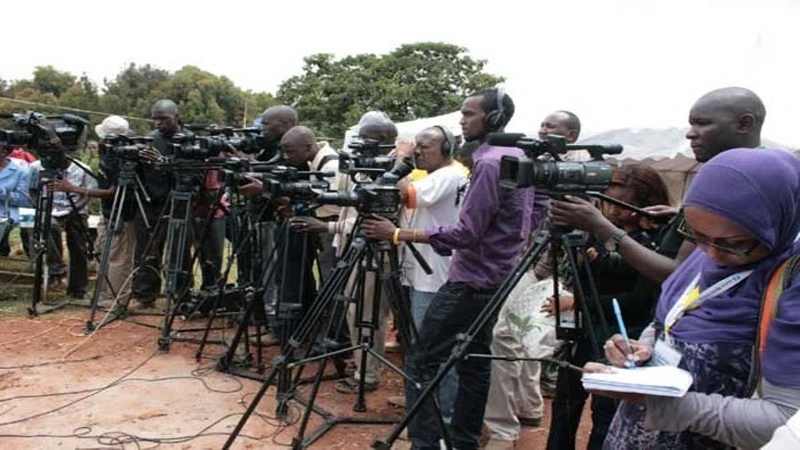
TODAY, I invite you to briefly look at Article 18 of the Constitution of the United Republic of Tanzania (1977, as amended until 2005) in relation to the right to access and disseminate information. The Constitution provides for basic rights (Articles 12-24). Four basic rights (Articles 12, 13, 22 and 23) are expressed in absolute terms, while nine of them (Articles 14, 15, 16, 17, 18, 19, 20, 21 and 24) are expressed in qualified terms. Article 18 (freedom of expression) can be lawfully circumscribed.
Article 30 provides for general circumscription on the exercise of basic rights. It states that: “Let it be understood that conditions contained in this Constitution, interpreting the rights, freedom and human responsibilities do not illegalise in any way the established law or prevent any law from being enacted or any legal action being taken in accordance with that law so as: (f) to allow any other activity to take place, activity which will help develop and preserve the interests of the nation in general.” This means basic rights are not entrenched in the Constitution as it is, for instance, in the Constitution of Namibia.
Article 21 of the Constitution of Namibia provides for fundamental rights and Article 25 provides for the enforcement of fundamental rights and freedoms. Article 25(1) in particular provides that: “Save in so far as it may be authorised to do so by this Constitution, parliament or any subordinate legislative authority shall not make any law, and the executive and the agencies of government shall not take any action which abolishes or abridges the fundamental rights and freedoms conferred by this chapter, and any law or action in contravention thereof shall to the extent of the contravention be invalid…”
Article 131 provides for the entrenchment of fundamental rights and freedoms. It states: “No repeal or amendment of any of the provisions of chapter 3 (fundamental rights and freedoms) hereof, in so far as such repeal or amendment diminishes or detracts from the fundamental rights and freedoms contained and defined in that chapter, shall be permissible under this Constitution, and no such purported repeal or amendment shall be valid or have any force or effect.”
The protection of journalistic sources is fundamental to the practice of journalism. It makes journalists trusted in society and get the support they need when they seek information for dissemination. If journalistic sources know that there will be a breach of confidentiality, they won’t be willing to provide any information and members of the public will be denied access to information.
Article 18(d) states that “Every person - has a right to be informed at all times of various important events of life and activities of the people and also of issues of importance to society.” Sometimes sensitive information is published in a media outlet and the government would like to know the source so that it takes action against such a source. For instance, information sought and obtained may concern grand corruption, miscarriage of justice or information the government is not happy with. This happens in many countries – in both developing and developed countries.
A case of Goodwin v the United Kingdom (1966) concerns a disclosure order imposed on a journalist (working for The Engineer) requiring him to reveal the identity of his source of information on a company’s confidential corporate plan.
The journalist appealed to the European Court of Human Rights and the court said: “Protection of journalistic sources is one of the basic conditions for press freedom…Without such protection, sources may be deterred from assisting the press in informing the public on matters of public interest. As a result, the vital public-watchdog role of the press may be undermined, and the ability of the press to provide accurate and reliable information be adversely affected…[A]n order of source disclosure ... cannot be compatible with Article 10 of the Convention unless it is justified by an overriding requirement in the public interest.”
Article 10(1) states: “Everyone has the right to freedom of expression. This right shall include freedom to hold opinions and to receive and impart information and ideas without interference by public authority and regardless of frontiers. This Article shall not prevent States from requiring the licensing of broadcasting, television or cinema enterprises.”
A case of Ressiot and Others v France [June 28, 2012] concerned investigation carried out at the premises of L’Equipe and Le Point newspapers and at the homes of journalists accused of breaching the confidentiality of judicial investigation. The authorities wanted to identify the source of the leaks in an investigation into possible doping in cycle racing.
The European Court of Human Rights held that there had been a violation of Article 10 of the Convention. It found in particular that the French government had not shown that a fair balance had been struck between various interests involved. It held that measures taken had not been reasonably proportionate to the legitimate aim pursued, having regard to the interest of a democratic society in ensuring and maintaining press freedom.
This can inform national courts on orders requiring the disclosure of journalistic sources because the protection of journalistic sources (confidentiality) is fundamental to the practice of journalism.
Today’s inspiring quote: “When freedom does not have a purpose, when it does not wish to know anything about the rule of law engraved in the hearts of men and women, when it does not listen to the voice of conscience, it turns against humanity and society.” - Pope John Paul II.
· The author is a Dar es Salaam-based lawyer. He can be reached at [email protected]
Top Headlines
© 2024 IPPMEDIA.COM. ALL RIGHTS RESERVED












